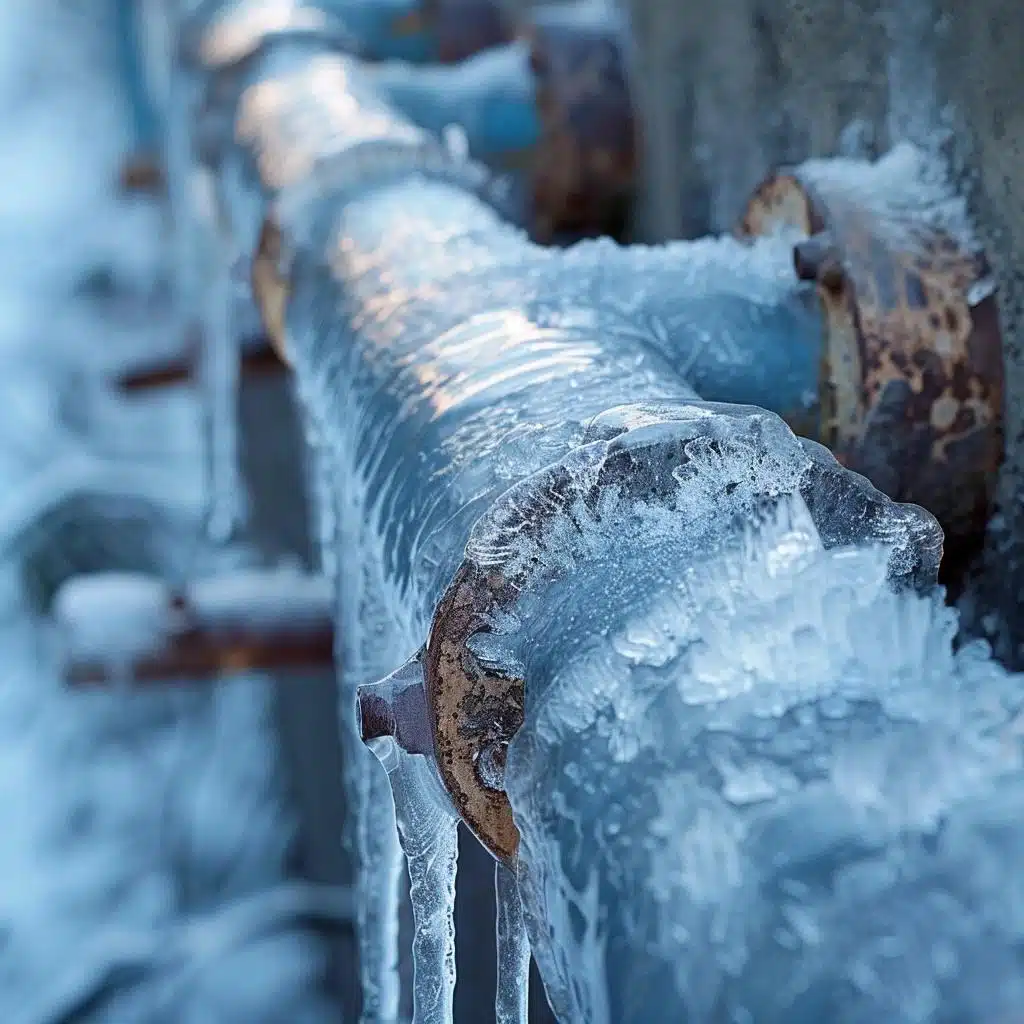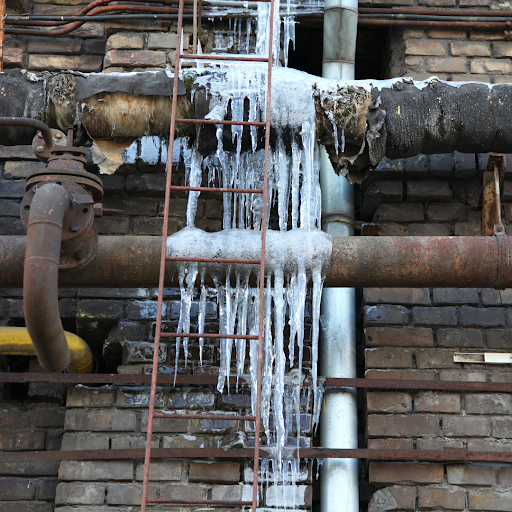Avoiding Pipes from Cold Weather: Effective Strategies
Avoiding Pipes from Cold Weather: Effective Strategies
Blog Article
Almost everyone maintains their personal opinion when it comes to Helpful Tips to Prevent Frozen Pipes this Winter.

Winter can ruin your pipes, specifically by freezing pipelines. Here's how to prevent it from happening and what to do if it does.
Intro
As temperatures decline, the threat of frozen pipelines rises, potentially causing pricey repair work and water damage. Recognizing just how to prevent frozen pipes is critical for home owners in cool environments.
Recognizing Frozen Pipes
What triggers pipelines to freeze?
Pipelines ice up when subjected to temperatures listed below 32 ° F (0 ° C) for prolonged durations. As water inside the pipes freezes, it increases, taxing the pipe walls and possibly causing them to rupture.
Dangers and damages
Frozen pipelines can bring about supply of water disturbances, building damage, and expensive repair work. Ruptured pipelines can flooding homes and trigger substantial architectural damages.
Indicators of Frozen Piping
Determining icy pipelines early can avoid them from rupturing.
Exactly how to determine icy pipelines
Seek lowered water circulation from faucets, unusual smells or noises from pipes, and visible frost on revealed pipelines.
Avoidance Tips
Insulating susceptible pipes
Cover pipelines in insulation sleeves or utilize warmth tape to protect them from freezing temperature levels. Concentrate on pipes in unheated or exterior locations of the home.
Heating strategies
Keep indoor areas properly warmed, particularly locations with plumbing. Open closet doors to allow warm air to flow around pipes under sinks.
Securing Exterior Plumbing
Garden pipes and exterior faucets
Disconnect and drain yard tubes before winter. Install frost-proof faucets or cover outside taps with protected caps.
What to Do If Your Pipes Freeze
Immediate activities to take
If you suspect frozen pipelines, keep faucets open to ease pressure as the ice melts. Use a hairdryer or towels soaked in hot water to thaw pipelines gradually.
Long-Term Solutions
Architectural modifications
Think about rerouting pipes away from outside wall surfaces or unheated areas. Include added insulation to attics, basements, and crawl spaces.
Updating insulation
Purchase top quality insulation for pipelines, attic rooms, and walls. Correct insulation assists keep constant temperatures and decreases the threat of icy pipelines.
Verdict
Preventing frozen pipes requires proactive steps and quick reactions. By comprehending the causes, signs, and preventive measures, property owners can safeguard their plumbing throughout cold weather.
Helpful Tips to Prevent Frozen Pipes this Winter
UNDERSTANDING THE BASICS: WHY PIPES FREEZE AND WHY IT’S A PROBLEM
Water freezing inside pipes is common during the winter months, but understanding why pipes freeze, and the potential problems it can cause is crucial in preventing such incidents. This section will delve into the basics of why pipes freeze and the associated problems that may arise.
THE SCIENCE BEHIND FROZEN PIPES
When water reaches freezing temperatures, it undergoes a physical transformation and solidifies into ice. This expansion of water as it freezes is the primary reason pipes can burst. As the water inside the pipe freezes, it expands, creating immense pressure on the walls. If the pressure becomes too great, the pipe can crack or rupture, leading to leaks and water damage.
FACTORS THAT CONTRIBUTE TO PIPE FREEZING
Low Temperatures: Extremely cold weather, especially below freezing, increases the risk of pipes freezing. Uninsulated or Poorly Insulated Pipes: Pipes located in unheated areas, such as basements, crawl spaces, or attics, are more prone to freezing. Insufficient insulation or lack of insulation altogether exacerbates the problem. Exterior Wall Exposure: Pipes running along exterior walls are susceptible to freezing as they encounter colder temperatures outside. Lack of Heating or Temperature Regulation: Inadequate heating or inconsistent temperature control in your home can contribute to frozen pipes. PROBLEMS CAUSED BY FROZEN PIPES
- Pipe Bursting: As mentioned earlier, the expansion of water as it freezes can cause pipes to burst, resulting in significant water damage.
- Water Damage: When pipes burst, it can lead to flooding and water damage to your property, including walls, ceilings, flooring, and personal belongings.
- Structural Damage: Prolonged exposure to water from burst pipes can compromise the structural integrity of your home, leading to costly repairs.
- Mold and Mildew Growth: Excess moisture from water damage can create a favorable environment for mold and mildew growth, posing health risks to occupants.
- Disrupted Water Supply: Frozen pipes can also result in a complete or partial loss of water supply until the issue is resolved.
WHY CERTAIN PIPES ARE MORE PRONE TO FREEZING
- Location: Pipes located in unheated or poorly insulated areas, such as basements, crawl spaces, attics, or exterior walls, are at higher risk of freezing.
- Exterior Pipes: Outdoor pipes, such as those used for irrigation or exposed plumbing, are particularly vulnerable to freezing as they are directly exposed to the elements.
- Supply Lines: Pipes that carry water from the main water supply into your home, including the main water line, are critical to protect as freezing in these lines can affect your entire plumbing system.
- Underground Pipes: Pipes buried underground, such as those connected to sprinkler systems or outdoor faucets, can be susceptible to freezing if not properly insulated.
https://busybusy.com/blog/helpful-tips-to-prevent-frozen-pipes-this-winter/

I am just very involved in Helpful Tips to Prevent Frozen Pipes this Winter and I am hoping you enjoyed reading my page. Loved our piece of writing? Please quickly share it. Let somebody else locate it. We truly appreciate your readership.
Make An Appointment Report this page